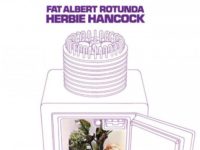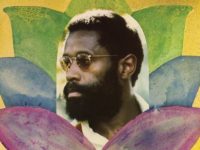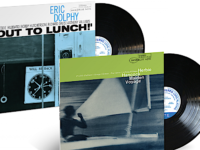I consistently avoided Herbie Hancock’s River: The Joni Letters, even after it became the first jazz release to win a Grammy for album of the year in 43 years.
In spite of all the praise heaped on this record, I’m naturally suspicious of records by excellent instrumentalists who bring in a parade of big-name guest vocalists – and Hancock’s 2005 LP Possibilities had done little to change that suspicion.
But in this case, I was wrong. Released on Sept. 25, 2007, River: The Joni Letters wasn’t some Supernatural-styled compromise that puts unit sales over art, for several reasons.
First of all, Hancock’s list of Joni Mitchell songs were chosen more for how they fit his own complex piano stylings, not for how well known the songs themselves are. Even “Both Sides Now” – the one obvious choice – sounds nothing like the original.
Secondly, Herbie Hancock was not a sideman on his own record. His piano shared lead voice with the singers, and even if one were to strip out the vocal tracks, the songs still worked. River: The Joni Letters sounded more like instrumental advanced bop with vocals, not vocal jazz. Several of the selections are entirely instrumental, anyway.
Thirdly, the vocalists themselves worked well with the complex structures that Hancock created – including Mitchell herself, who after all had once worked with Charles Mingus. Tina Turner deserves special mention for her turn in “Edith and the Kingpin”: She showed a sophisticated phrasing and control that her voice isn’t typically known for.
Still, it’s the playing that I like the most about River: The Joni Letters. Herbie Hancock was backed superbly by Dave Holland, Vinnie Colaiuta and Hancock’s longtime saxophone partner, Wayne Shorter. When they take a break from Joni Mitchell’s compositions to tackle Shorter’s own “Nefertiti,” it turns out to be possibly the best rendition of that classic tune after Holland’s and Chick Corea’s abstract take from around 1970 and, of course, Miles Davis’ original recording.
River: The Joni Letters is no match for Herbie Hancock’s Blue Note output – but unlike Future Shock, it’s a fine segue into it.




